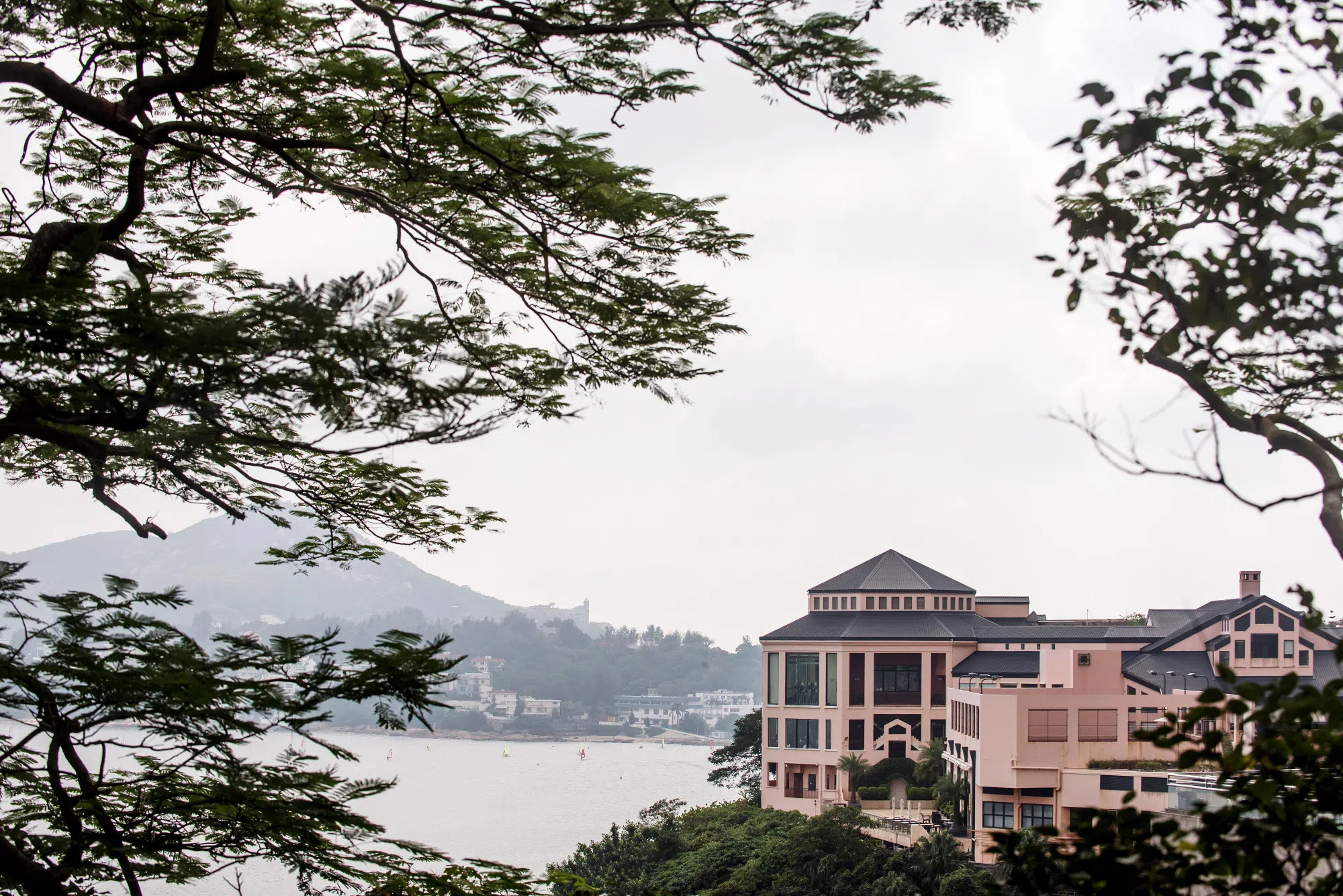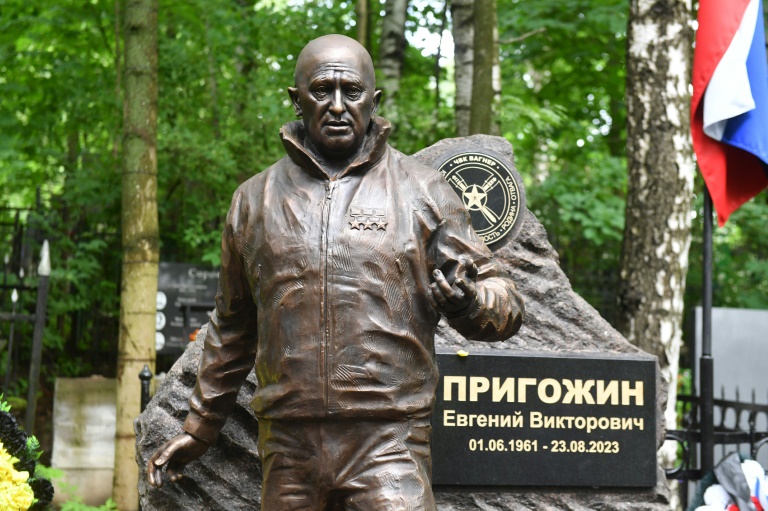ON A clear day, the view from Hong Kong’s seaside American Club is among the best in the city.
It’s one reason why membership debentures for the elite century-old institution regularly changed hands for upwards of HK$2 million (S$347,217) – giving holders access to everything from tennis courts to upscale restaurants at two prime locations and even a club yacht.
Now, many of those holders are confronting steep losses after a contentious decision by the club to buy back debentures at face value, a fraction of what they recently traded for in the secondary market. The episode is rattling the genteel world of private clubs in Hong Kong and offering a fresh reminder to residents of the financial hub on the importance of reading – and believing – the fine print.
The American Club said earlier this month it will redeem individual debentures held by mostly non-voting members who are not Americans, sources familiar with the matter said, a move that will impact about 200 members. Those impacted have a choice to either leave the club or rejoin at a price tag of HK$1.5 million. The debentures came with a stipulation that the club could always redeem them at face value with one month’s notice, meaning people who bought them for a higher price in the secondary market face losses.
American Club president Christopher Burgess said in a letter to members this month that the objective was to “streamline our membership categories” and “consolidate an important constituency within the membership fabric, being non-voting members”.
The initiative will be discussed at a board meeting on Monday (Jun 24) and affected members will be informed if there are any revisions to the plan, David Loan, the club’s general manager, said.
BT in your inbox
Start and end each day with the latest news stories and analyses delivered straight to your inbox.
According to Burgess’s letter, the initiative was also aimed at ensuring the club retains its non-profit tax status, which requires 50 per cent or more of the club’s operating revenues to come from voting members.
National makeup
Only US citizens are allowed to become voting members in the club, whose mission is to “maintain a commitment to an American identity”.
Some members expect the proposal will cut the number of non-Americans among the 2,900-strong club.
The existence of the debentures dates back to a crucial period of the club, which was founded by businessmen in 1925 and moved locations a number of times over the following decades. After rents surged during the prosperous years of the 1970s and demand for membership increased, the club sought to expand through buying a permanent location.
In 1983, the club cut a deal with Hongkong Land Holdings to purchase space in the planned Exchange Square complex in the financial district, as well as a site in Tai Tam on the south side of Hong Kong Island. The timing was good – concern that China would resume sovereignty over the city triggered a property market crisis. The total bill, including construction and outfitting, was estimated at up to HK$200 million, according to an official history of the club.
To help pay for the new clubhouses, the club proposed to borrow as much as HK$200 million through the sale of debentures at HK$300,000 each, as well as a limited number of town-only debentures.
Stand to lose
These debentures were allowed to be resold on the secondary market, with the American Club taking a substantial transfer fee as part of each deal. More debentures were issued by the club over the years until 2007. Over time, the secondhand value rose to more than HK$2 million.
The new plan means someone who bought a debenture with a face value of HK$300,000 for HK$2 million in the secondary market stands to lose HK$1.7 million if they do not pay for continued membership. If they choose to pony up the additional HK$1.5 million to stay a member, the transfer fee they previously paid will be deducted, which can be up to HK$750,000.
Debenture holders have until the end of August to decide. Corporate debentures are not affected and will not be redeemed.
Private member clubs have been a staple of the former British colony’s social fabric ever since the Hong Kong Club was established in 1846. They cater to everyone from sailors to tennis players and cricketers. Most charge high joining fees as well as monthly membership dues, while waiting lists can be lengthy. The clubs are popular with families, whose children can use pools and sporting facilities not always available in Hong Kong apartment complexes, and often become an established part of a family’s life in the city.
For impacted members of the American Club, the financial pain is accompanied by emotional distress.
One woman, who’s faced with stumping up nearly HK$600,000 more to stay, said her family is there almost every day.
She does not know how to tell her kids they likely will not be back. BLOOMBERG







